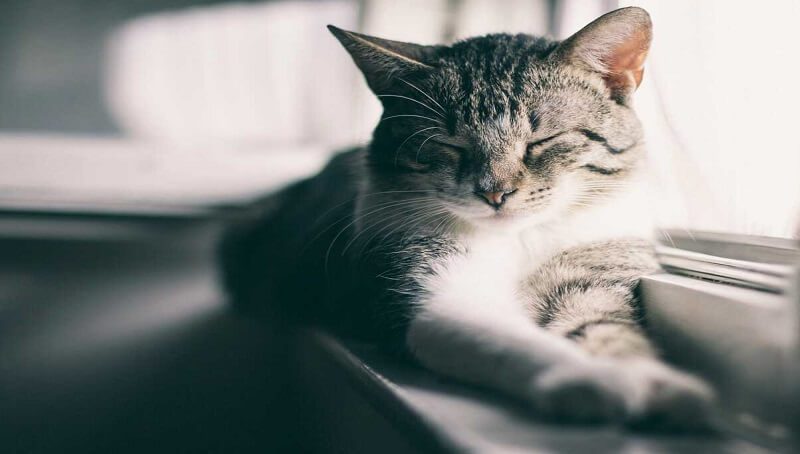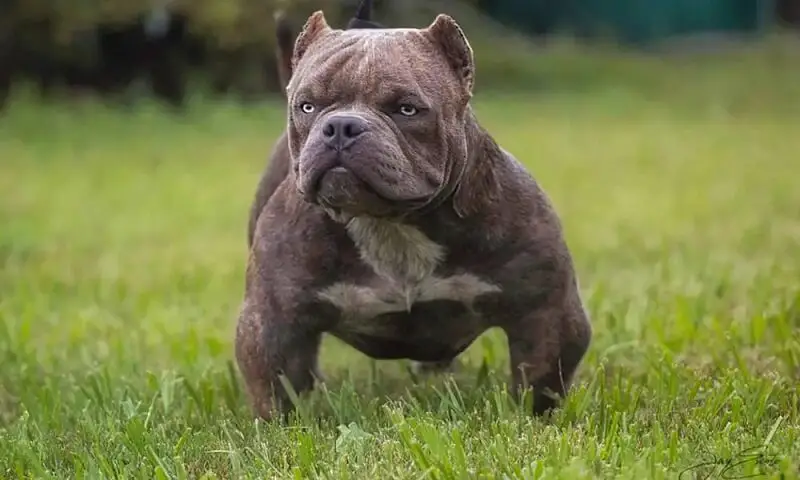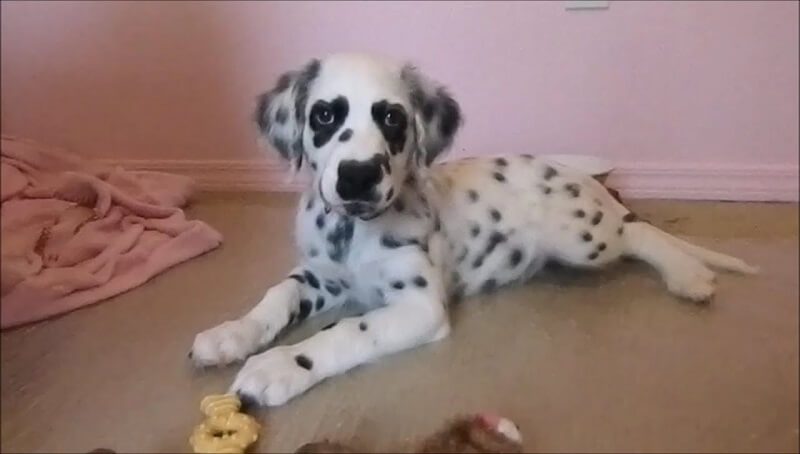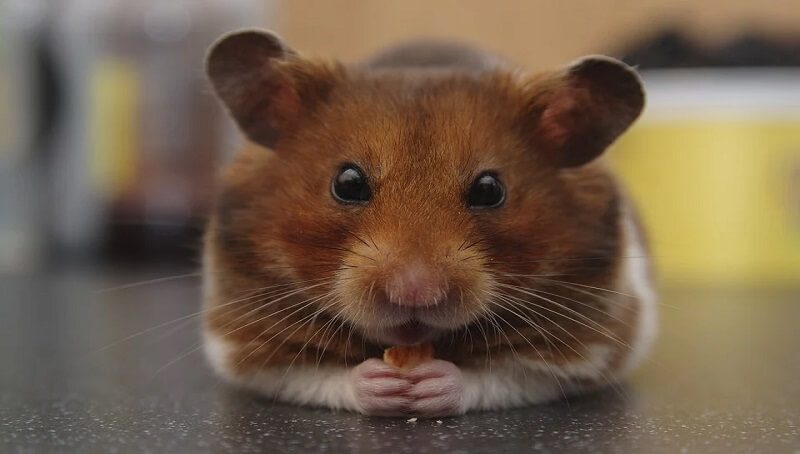You probably already know that purring is usually associated with a cat feeling happy. This is true in most cases. A cat will usually purr when doing something she likes, like taking a nap or feeling the love of a slow petting. But purring isn’t only a sign of happiness and might have some other meanings, depending on each specific moment.
As scientists spend time trying to understand all of the things related to a cat’s behavior, new theories arise about the actual meaning of purring. So why exactly would a cat purr and what will a purr actually express? This article should give you a pretty good idea of the reasons behind this weird sound the cat makes.
Are cats really happy when they purr?
Most people still consider that a cat would only purr as a sign of being happy, and while it might be true in most cases, this isn’t the case every time. A purr is most of the time just a sign of a cat being content. You will hear it both when kittens are nursing from their mother and when cats are getting petted by their human owners.
You might also like my articles on why a cat would trill, chirp, or meow.
However, purring can also mean a bunch of other things. Some nervous or stressed-out cats can also purr. This is why it isn’t always as straightforward as you might think to understand the reason behind a purr.
The Scientific American website talks about yet another reason behind purring. A recent study has been able to prove that purring can actually promote healing in a cat by helping improve overall bone density. As you know, cats spend most of the day sleeping or resting, which makes purring a great way to stimulate bones and muscles without actually using big parts of a cat’s energy. This all makes sense if you consider that a cat might purr when injured or stressed. This means that your cat might purr when trying instinctively to soothe and heal herself.
Why do some cats purr and then bite you?
Considering that there are cats that purr when they are stressed, if your cat is purring and then bites you, then you might have some communication issues with the pet. To figure things out, try to pay attention to your pet’s body language for any signs that the purring might be caused by stress and not happiness. The signs aren’t even all that hard to spot: if you notice a flicking tail, a tightly curled body, or considerable tension in their face, then the pet might not need your petting.
It might also happen that the cat wants to be petted at first, hence the happy purr, but then, at some point, decides that they had enough attention and just want to be alone. Cats are very sensitive creatures, which means that they want to be petted in a certain way. If they don’t appreciate what you’re doing, they might bite you.
Can cats control their purring?
It might surprise you but cats can’t control their purr. According to NewScientist, purring is actually an involuntary response to certain stimuli. Your cat will do this in all kinds of different situations and most of the time might not even know that she is doing it.
Why do cats purr loudly?
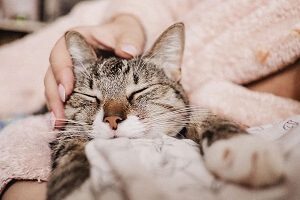 There are a few different reasons why a cat might purr loudly. As with other sounds creatures make, some cats might just purr louder than others naturally. Also, as a cat gets older, you might also notice that her purrs get louder and deeper. Your pet might also turn up the volume and purr enthusiastically if she is very happy.
There are a few different reasons why a cat might purr loudly. As with other sounds creatures make, some cats might just purr louder than others naturally. Also, as a cat gets older, you might also notice that her purrs get louder and deeper. Your pet might also turn up the volume and purr enthusiastically if she is very happy.
This will also happen when the cat is injured or stressed. The purr will become very loud as a way to soothe herself and start the healing process.
The cat’s purr can also get increased by the physical issues the pet might go through. Some overweight cats are known to purr louder. A cat might also purr loudly as a sign of a respiratory infection. To confirm this, look for watery eyes or a runny nose.
You should also consider taking your cat to the vet if you notice a distinct, sudden change in the way she purrs. A vet might be able to spot a problem that would cause an abrupt change in the volume of a purr.
There are still a lot of things we don’t understand about a cat’s purr. What we do know so far is that a cat purr can be associated with a few different reasons. Although one of the most common reasons is happiness, cats also purr when upset or stressed, which points to the fact that they use this sound as a way of soothing themselves. As with most sounds animals make, the best way to know what the purr relates to is by checking out the clues.
